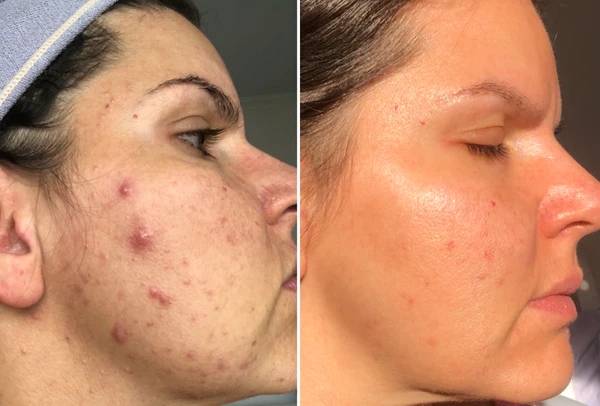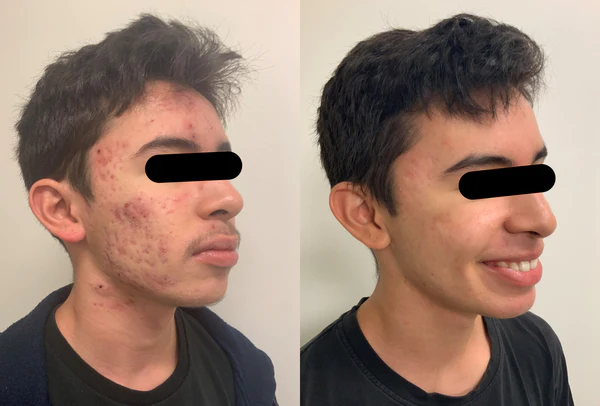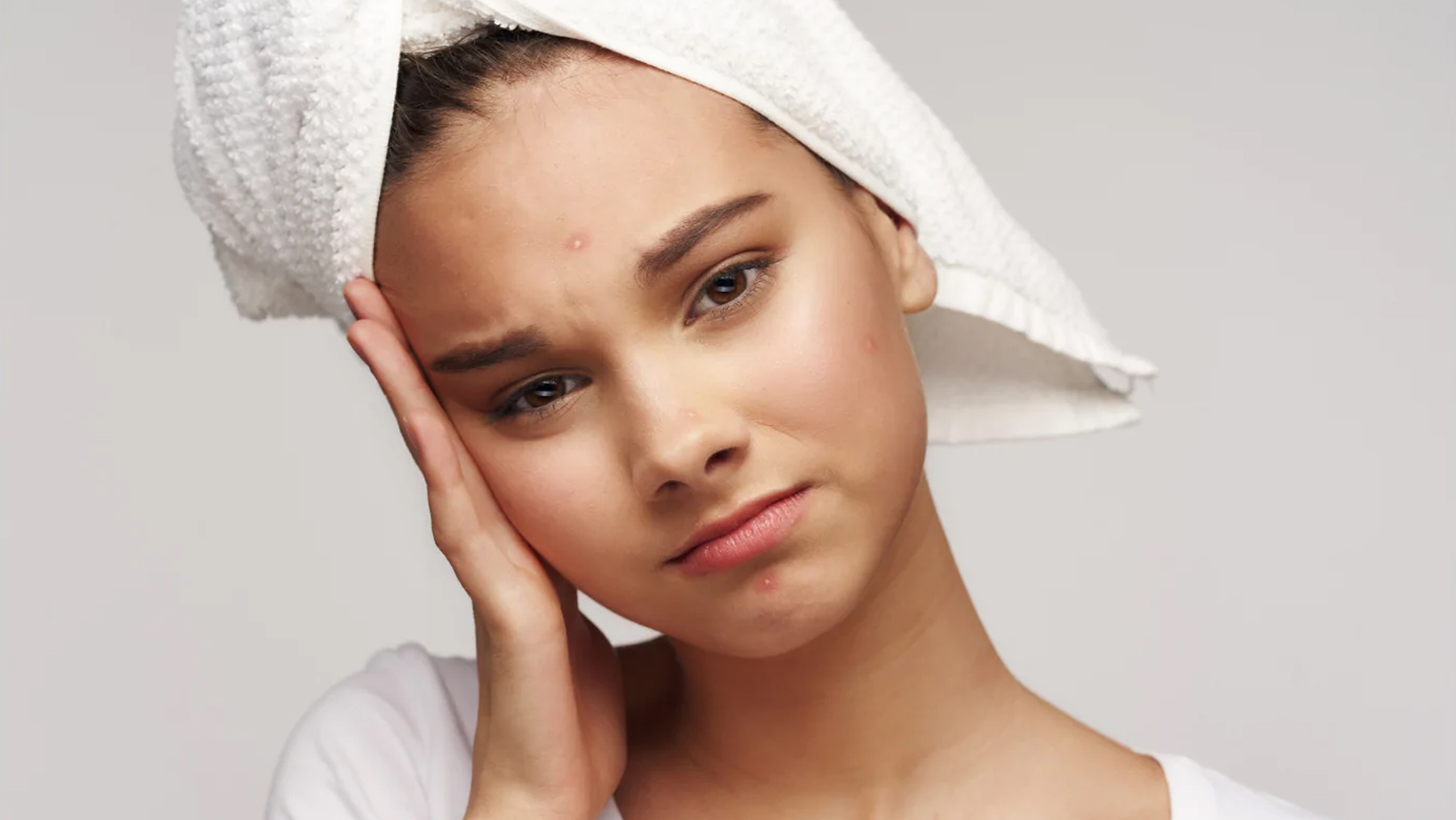Acne is a chronic condition that can happen as young as at birth and as late as in your 50’s. It’s a myth that you outgrow acne after your teenage years, sometimes it doesn’t begin until your 20’s or later. There’s still so much about acne that we have yet to understand but scientific advances in dermatology are beginning to have an impact.
Here are some common misconceptions and the facts you need to know:
1. Acne is due to eating greasy foods: That is a myth. For the longest time, we had no idea about the effect of food on acne but we are now seeing that certain foods, not greasy food, can exacerbate or improve acne. If you are prone to acne, and if acne medications are not working the way they should for you, try dropping dairy (aka cow’s milk and cheese) from your diet. Also sugary foods and highly processed foods seem to have an impact on acne through increasing inflammation. The foods to choose for acne clear skin are foods high in antioxidants like a whole-food plant-based diet as much as possible. Chocolate may have an impact on acne, but dark chocolate is an exception.
2. Using rubbing alcohol will help dry out the pimple: That is a myth, and a dangerous one since it can irritate and dry out your skin but has zero effect on the bacteria, c. acnes, that causes acne. The water will be dried out of your skin and that will promote increased oil production which will make your acne worse in the long run. Instead, look for a spot treatment such as the TAC Stick, to help treat individual spots without drying out your skin.
3. Acne is due entirely to bacteria: We are learning that this is also a myth. There is definitely a bacterial component but that bacteria, known as c. acnes, may also have benefits for your skin and is a part of your skin’s microbiome. We’re learning that there are different strains of c. acnes and that some are better than others for your skin. In the future we may even be doing c. acnes transplants using the better strains to try to take over the population and knock out the more inflammatory strains of the bacteria.

The bottom line
is that acne happens and there is lots you can do about it. It’s a great idea to treat the entire face with a retinol and antioxidants and the good news is that this not only helps acne but also helps your skin age better. I also prefer salicylic acid wash over glycolic acid as an exfoliant since the salicylic acid is better able to penetrate the follicle and it is also more beneficial for your skins microbiome.


Leave A Comment